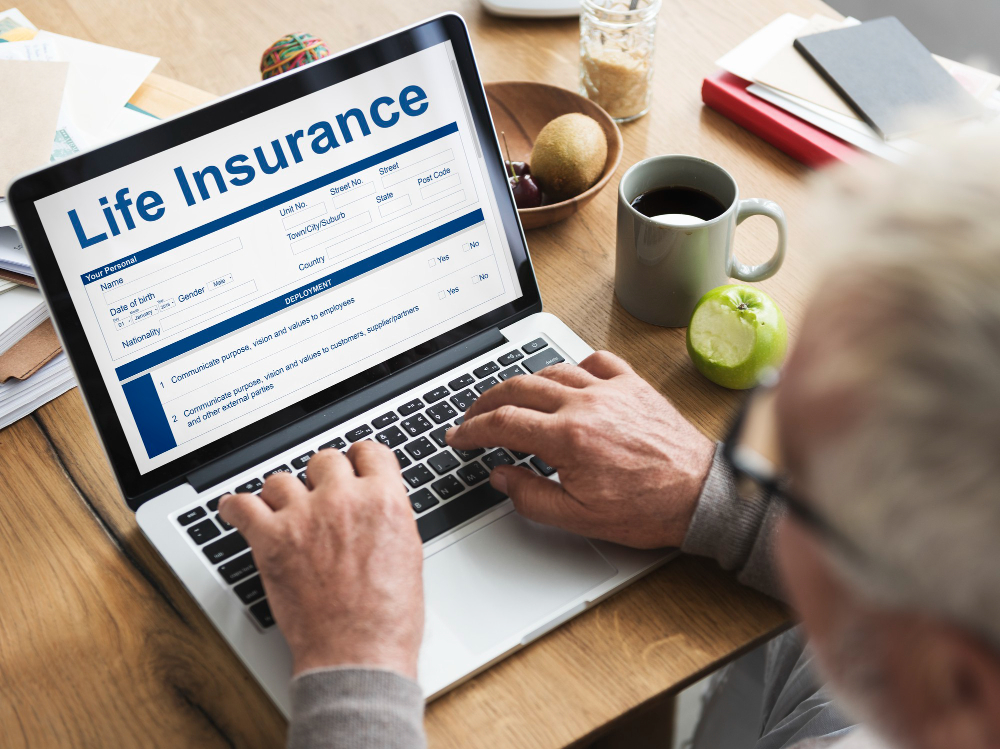Getting access to funds can be crucial for various financial situations. Whether you’re consolidating debt, making a home improvement, or covering an unexpected expense, two main options emerge: personal loans and credit cards. Both offer access to money, but they come with distinct characteristics that significantly impact how you borrow and repay. Let’s delve into the key differences between personal loans and credit cards to help you make an informed decision.
Table of Contents
ToggleUnderstanding Personal Loans
A personal loan is an installment loan, meaning you receive a lump sum of money upfront and repay it in fixed monthly installments over a predetermined period, typically ranging from 12 months to 7 years. Here’s a breakdown of key features:
- Loan Amount: Personal loans typically offer higher loan amounts compared to credit card limits. You can access larger sums for significant expenses.
- Interest Rates: Personal loan interest rates are usually fixed, offering predictability in your monthly payments. Rates can vary depending on your creditworthiness, loan amount, and lender.
- Repayment Terms: Fixed repayment terms provide structure and predictability. You’ll know exactly how much you owe each month and when the loan will be paid off entirely.
- Collateral: Personal loans are typically unsecured, meaning they don’t require putting up an asset like a car or house as collateral. However, secured personal loans with lower interest rates might be an option in some cases.
- Uses: Personal loans offer flexibility in how you use the funds. Common uses include debt consolidation, home improvement projects, medical bills, or major purchases.
Understanding Credit Cards
A credit card provides a revolving line of credit. You can borrow money up to your credit limit, repay it over time, and continue borrowing again as you make payments. Here are some key aspects:
- Credit Limit: Credit card limits vary depending on your creditworthiness and issuer. Limits might be lower than what you can get with a personal loan.
- Interest Rates: Credit cards typically have higher interest rates compared to personal loans, especially if you carry a balance. Rates can be variable, meaning they can fluctuate based on market conditions and your creditworthiness.
- Minimum Payments: Credit cards require minimum monthly payments, typically a small percentage of your outstanding balance. However, paying only the minimum results in accruing significant interest charges over time.
- Rewards Programs: Many credit cards offer rewards programs that allow you to earn points, miles, or cash back on your purchases. These rewards can be a valuable benefit for frequent spenders.
- Uses: Credit cards are ideal for everyday purchases, building credit history, and taking advantage of rewards programs. However, due to high interest rates, they might not be suitable for large, one-time expenses.
Choosing Between Personal Loans and Credit Cards
Here are some key factors to consider when deciding between a personal loan and a credit card:
Purpose of the Loan:
- Personal Loans: Ideal for large, one-time expenses like home improvements, debt consolidation, or medical bills. The fixed repayment structure helps you budget effectively.
- Credit Cards: Suitable for ongoing or recurring expenses, emergencies, or building credit history. Rewards programs can incentivize responsible credit card use for everyday purchases.
Loan Amount:
- Personal Loans: Offer access to larger sums of money for significant expenses.
- Credit Cards: Limits might be lower, making them less suitable for substantial financial needs.
Interest Rates and Fees:
- Personal Loans: Typically have fixed and lower interest rates compared to credit cards, especially if you carry a balance. This can save you money in the long run.
- Credit Cards: Generally have higher variable interest rates that can fluctuate. Annual fees might also apply depending on the card.
Repayment:
- Personal Loans: Fixed monthly installments with a predetermined payoff date provide structure and predictability.
- Credit Cards: Minimum payments can be tempting, but carrying a balance leads to high interest charges. Responsible credit card use requires discipline to pay off the balance in full each month.
Credit Score:
- Personal Loans: Qualifying for a personal loan might require a good credit score. However, a personal loan can help improve your credit history if you make timely payments.
- Credit Cards: Responsible credit card use and timely payments can significantly improve your credit score. Conversely, missed payments or carrying a high balance can negatively impact your creditworthiness.
Here’s a quick table summarizing the key differences:
| Feature | Personal Loan | Credit Card |
|---|---|---|
| Loan Type | Installment Loan | Revolving Credit |
| Loan Amount | Typically Higher | Lower Limits |
| Interest Rates | Fixed (usually lower) | Variable (usually higher) |
Repayment Terms
| Feature | Personal Loan | Credit Card |
|---|---|---|
| Repayment Terms | Fixed monthly installments | Minimum payments, but full payment recommended to avoid high interest |
| Collateral | Usually unsecured | Unsecured, but secured options might exist with lower rates |
| Uses | Large one-time expenses, debt consolidation, emergencies (with caution) | Everyday purchases, emergencies (with caution), building credit, rewards programs |
Additional Considerations:
- Prepayment penalties: Some personal loans might have prepayment penalties for paying off the loan early. Check the loan terms carefully.
- Balance transfer cards: If you’re carrying a credit card balance with high interest, consider a credit card with a 0% introductory APR on balance transfers. This can help you consolidate your debt and pay it off at a lower interest rate during the introductory period. However, be mindful of fees associated with balance transfers and ensure you can repay the balance before the introductory period ends to avoid even higher interest rates.
Ultimately, the best choice depends on your specific financial situation and needs.
- If you need a larger sum of money for a specific purpose and want predictable monthly payments, a personal loan might be a good option.
- If you’re looking for a way to manage everyday expenses, build credit, and potentially earn rewards, a credit card could be beneficial, provided you use it responsibly and pay your balance in full each month.



















